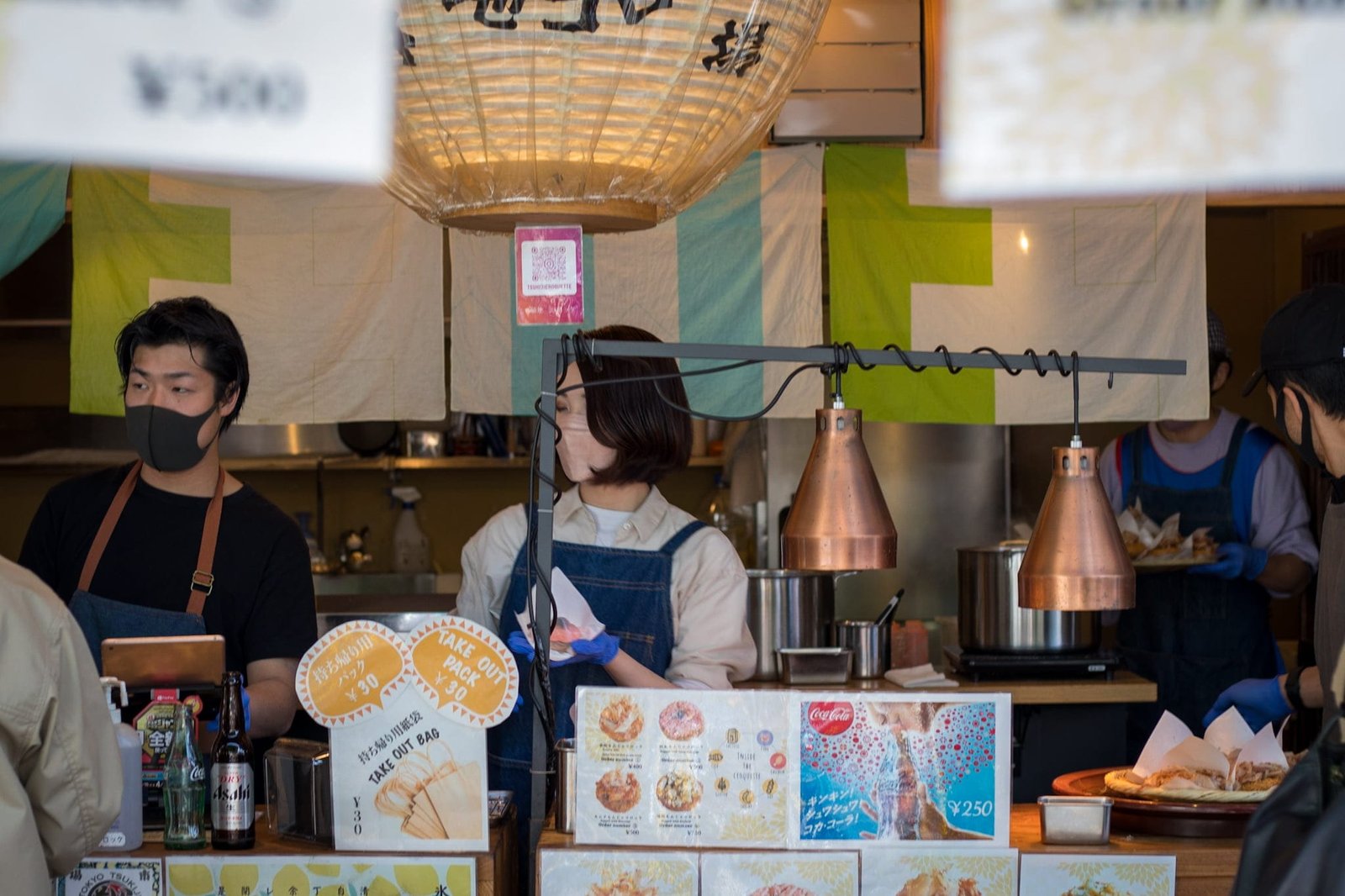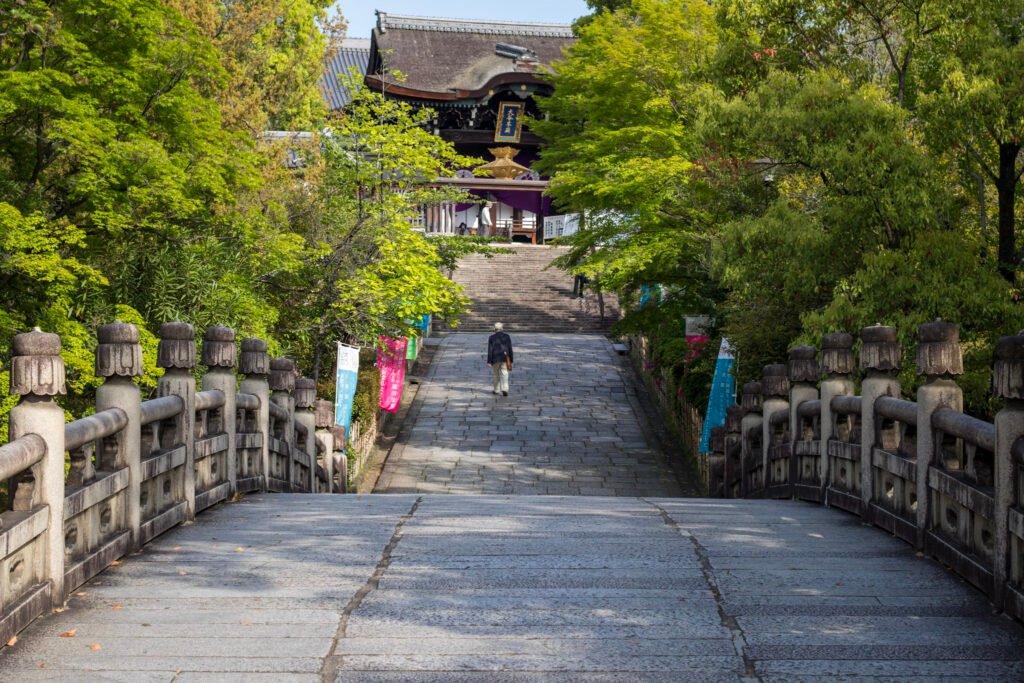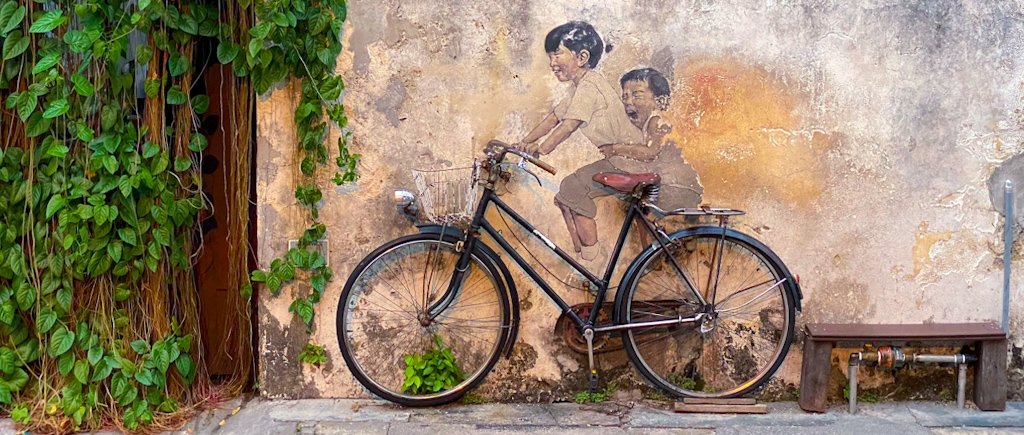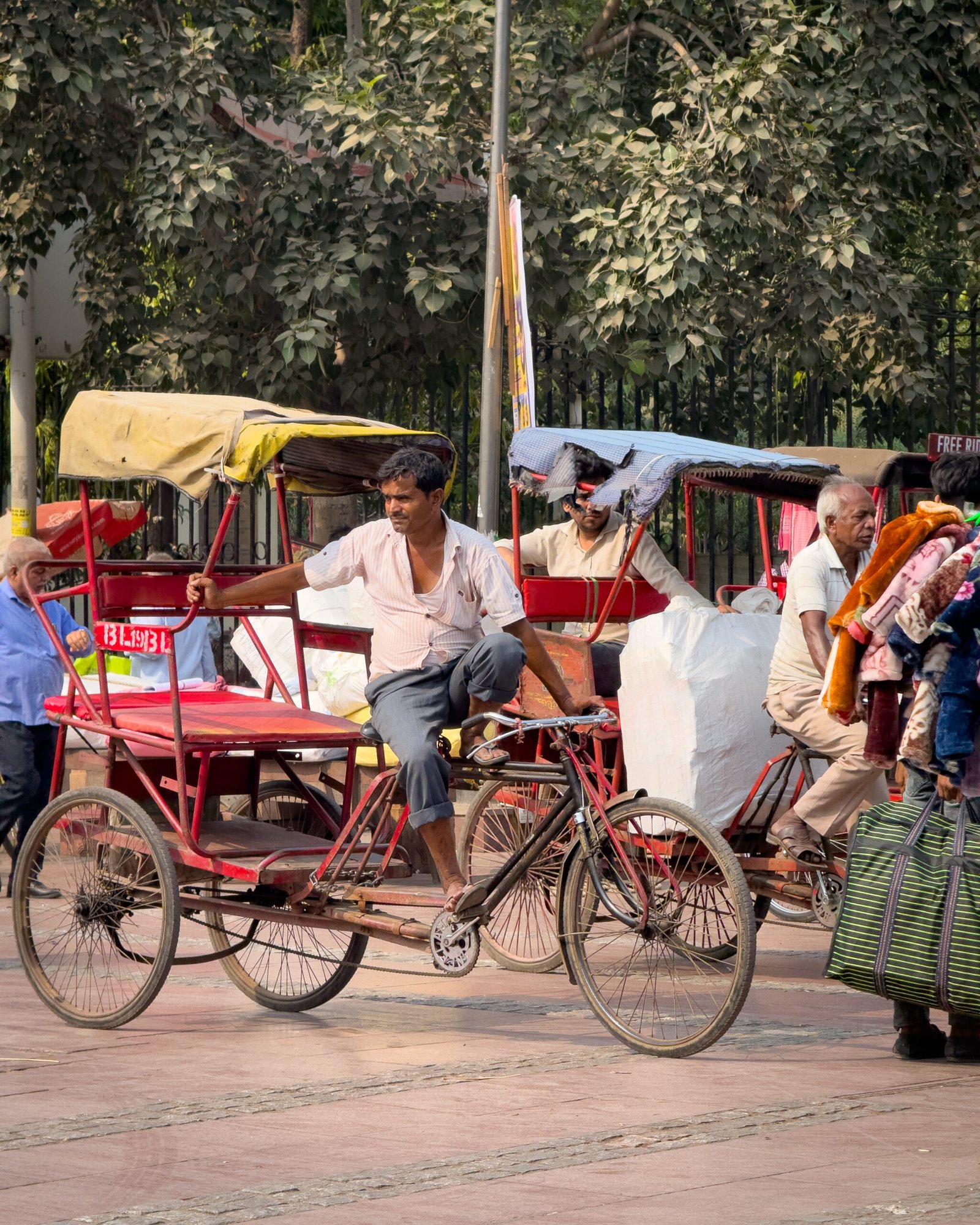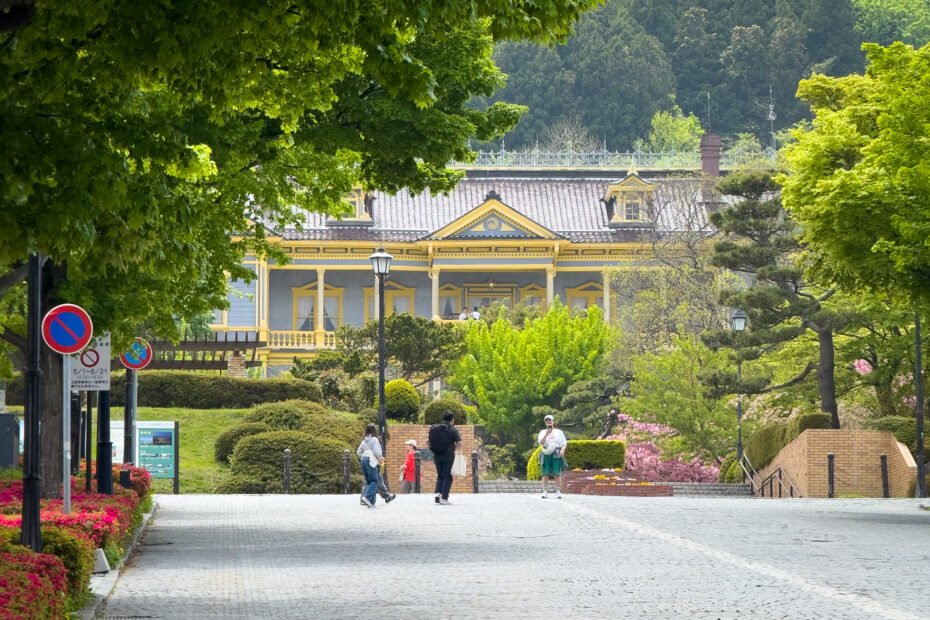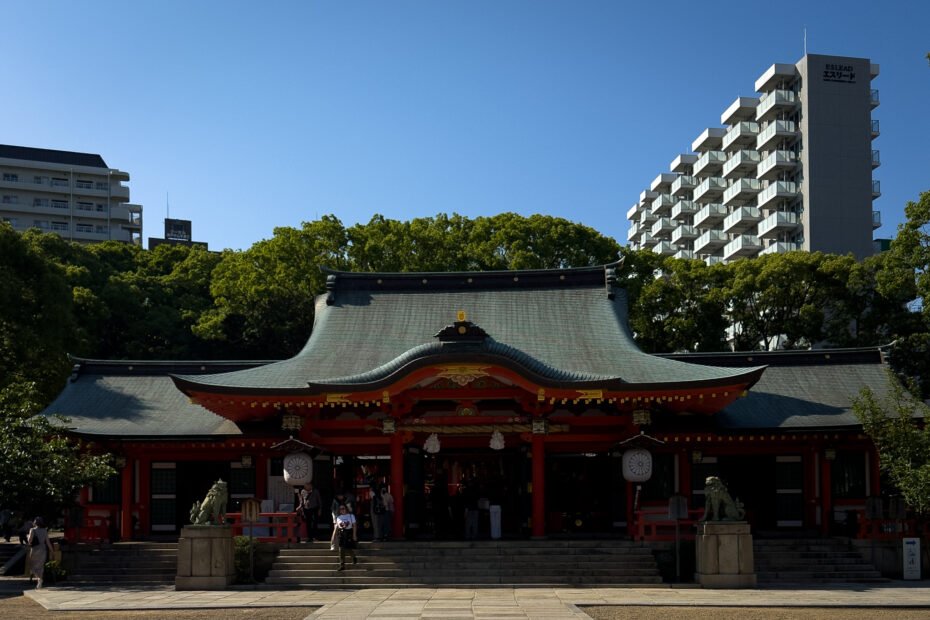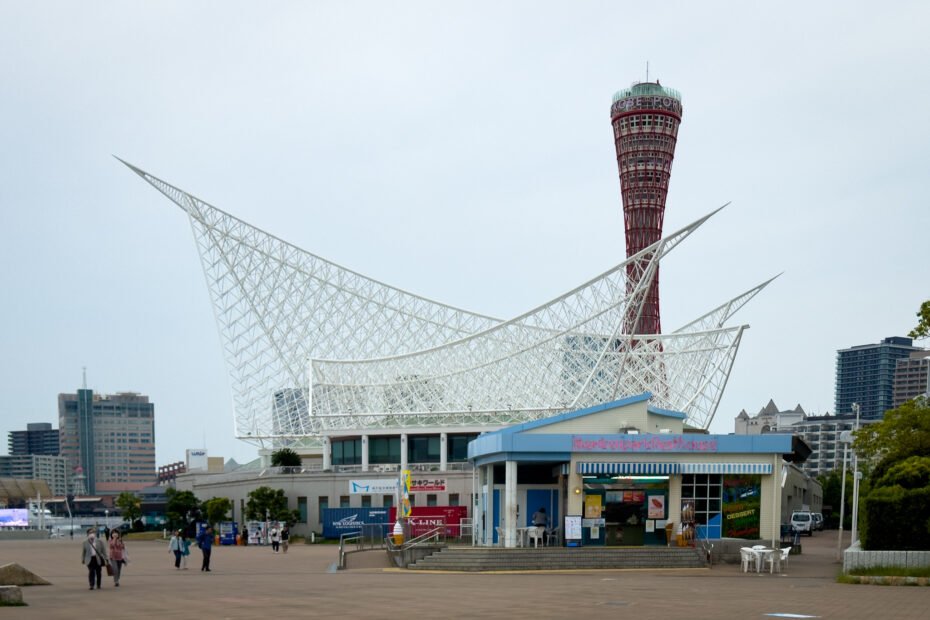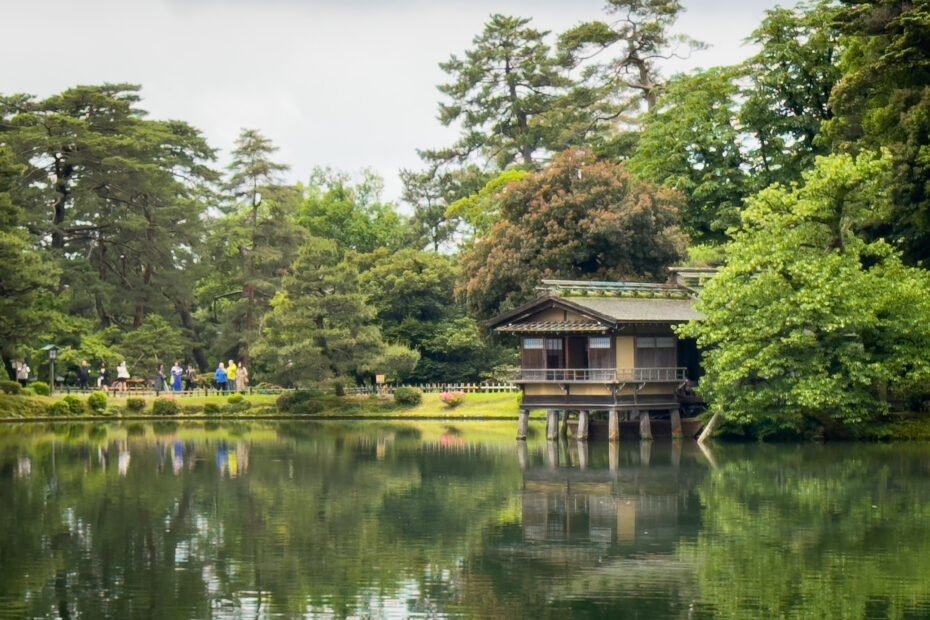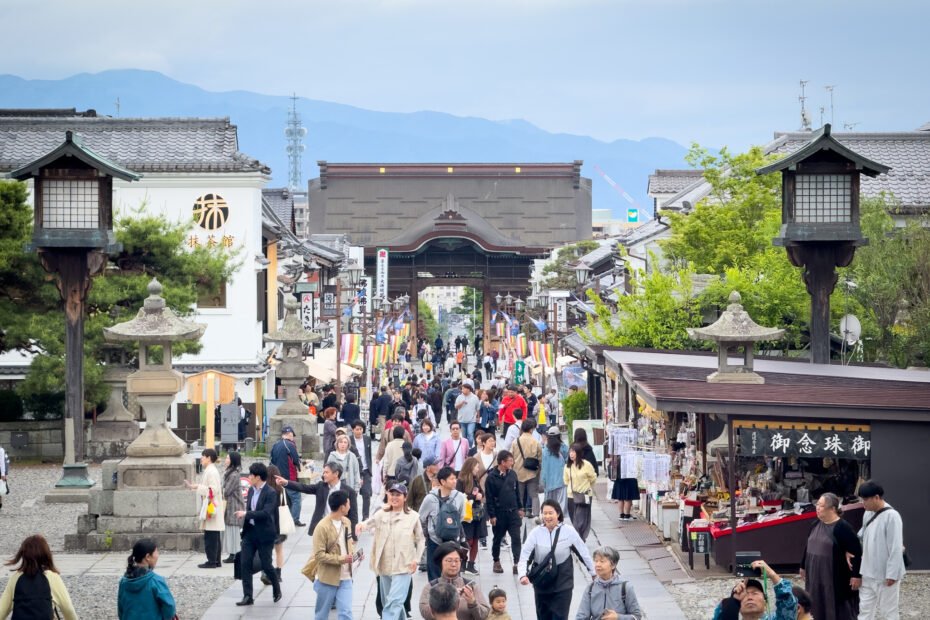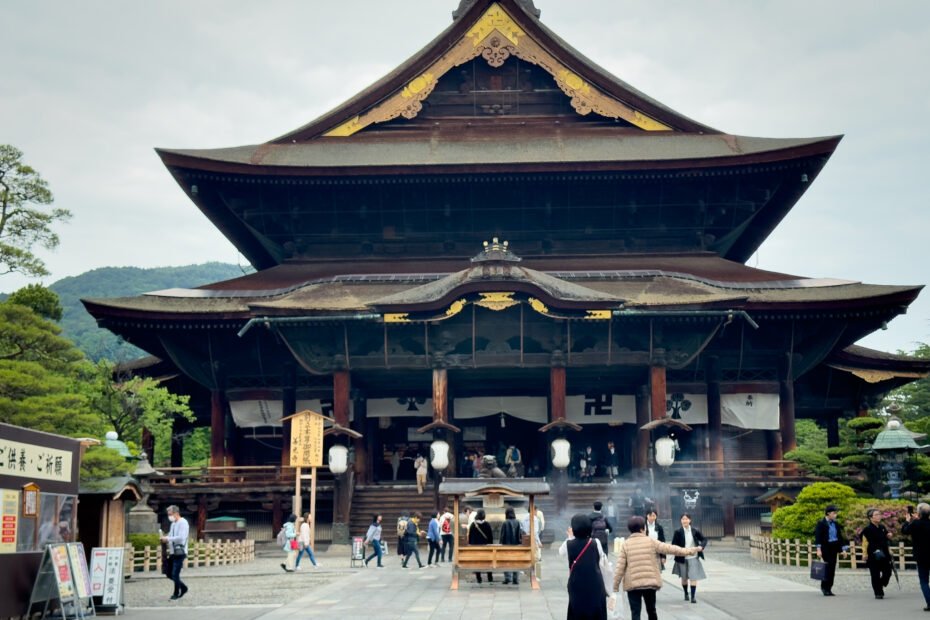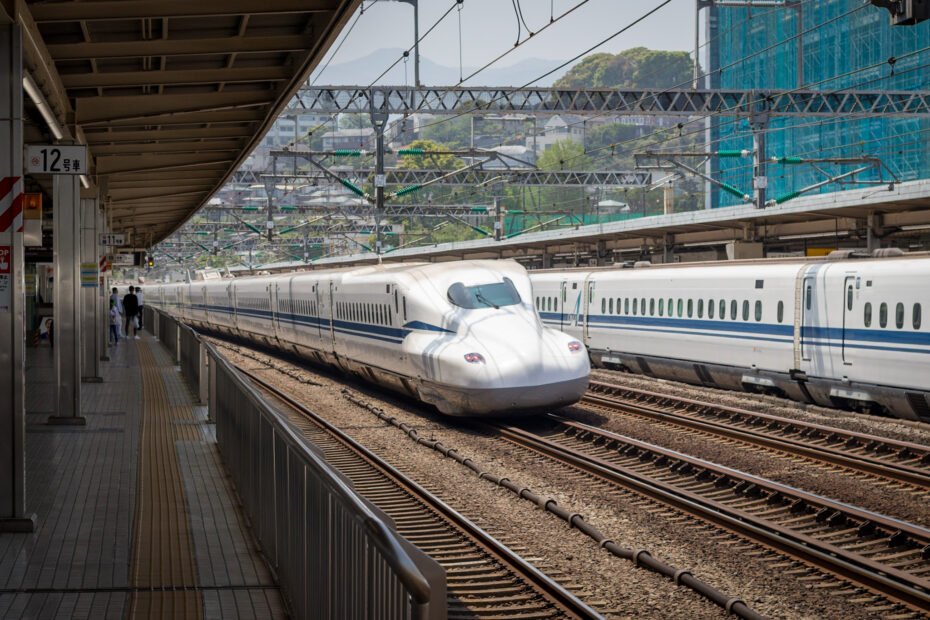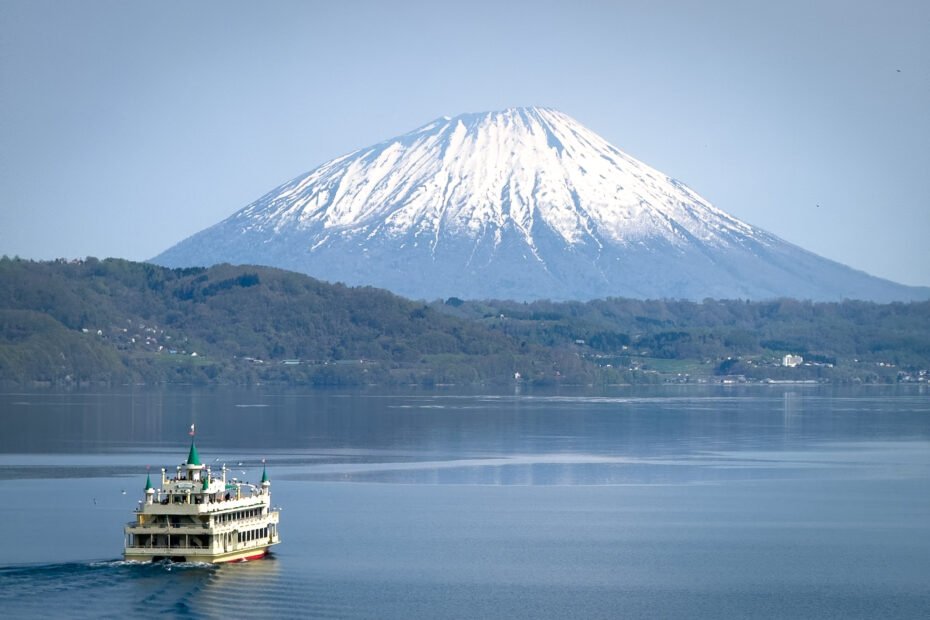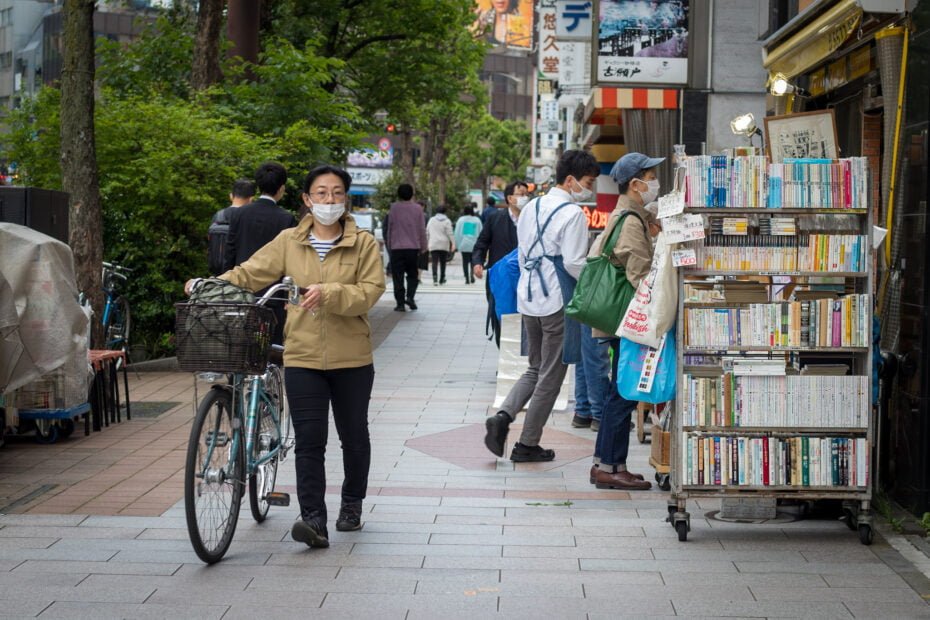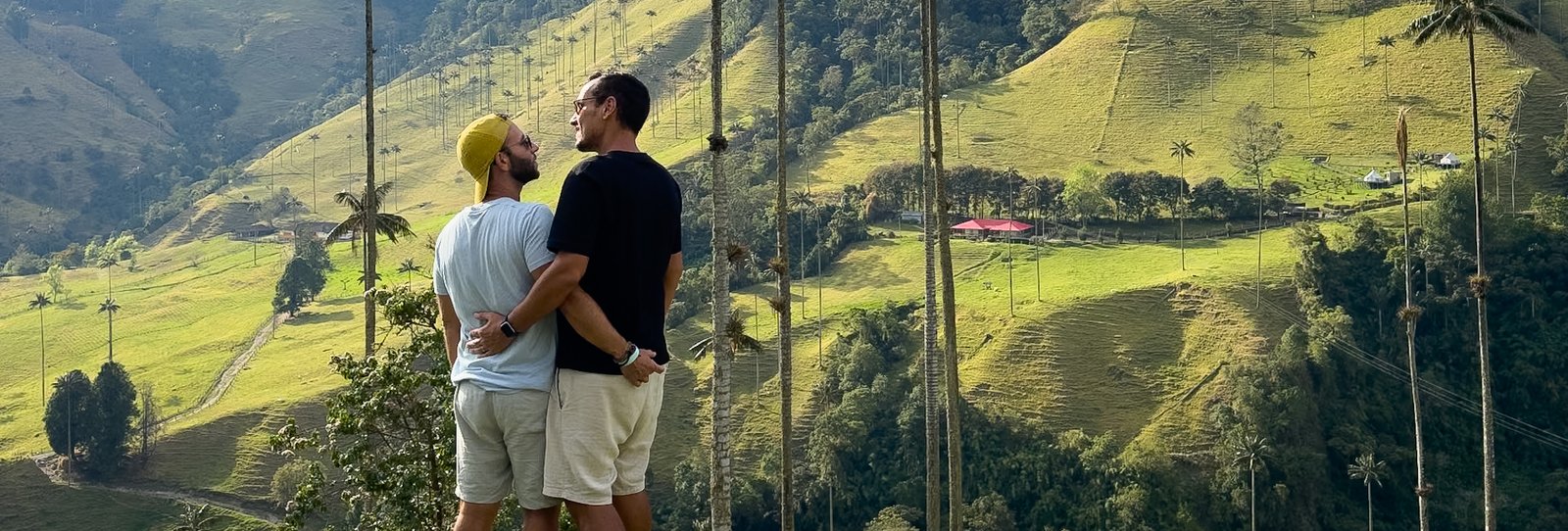Safety and Accessibility Tips in Japan
Is it safe to travel to Japan in 2025?
Yes, Japan remains one of the safest countries in the world to travel to. The crime rate is very low, and violent crimes are rare. However, there has been an increase in crimes such as fraud and online scams in recent years. As long as you take basic precautions — like keeping your belongings close and being aware of your surroundings — you’re unlikely to encounter problems. With the rise in tourism, authorities emphasize the importance of respecting local customs: avoid speaking loudly on public transport, remove your shoes when indicated, and refrain from eating while walking — simple gestures that show respect for Japanese culture.
How are transportation and accessibility in Japan?
Japan has one of the best transportation systems in the world. Trains are fast, clean, and punctual — the Shinkansen (bullet train) is an experience truly worth it. Cities like Tokyo and Kyoto have increasingly invested in accessibility, with elevators, ramps, and signage for people with reduced mobility. In 2025, even some smaller stations have begun adopting innovative structures, such as 3D-printed buildings to improve access. Urban buses have priority seating and facilitated access for wheelchairs.
What is the local etiquette and culture in Japan?
Japan places great importance on respect and good manners. Here are some practical tips:
- Greetings: The traditional way is to bow slightly.
- Shoes: Remove them when entering homes, temples, or certain accommodations.
- Public behavior: Speak softly, especially on public transport.
- At the table: Do not stick chopsticks vertically into rice or pass food from chopstick to chopstick.
- Onsen (hot springs): Wash thoroughly before entering, and remember that visible tattoos are still frowned upon in some places.
Respecting these customs shows consideration and is always appreciated by locals.
Is Japan safe for LGBTQIA+ travelers?
Japan is generally safe for LGBTQIA+ travelers. While same-sex marriage is not yet legal nationwide, some areas — like Tokyo — already recognize civil unions. Public displays of affection, whether between heterosexual or queer couples, are rare, so it’s best to maintain some discretion. In large cities, you’ll find inclusive neighborhoods, events like Tokyo Rainbow Pride, and safe spaces for the entire community. Japanese hospitality, combined with a discreet and respectful approach, makes many LGBTQIA+ travelers feel welcome.
